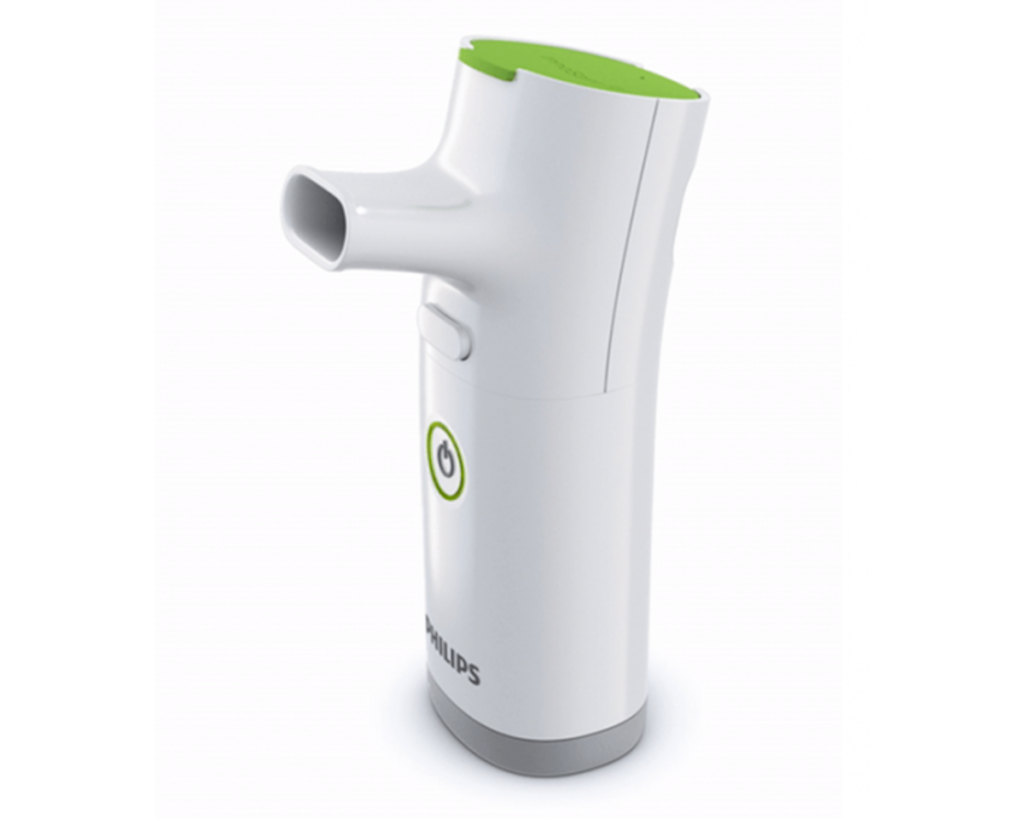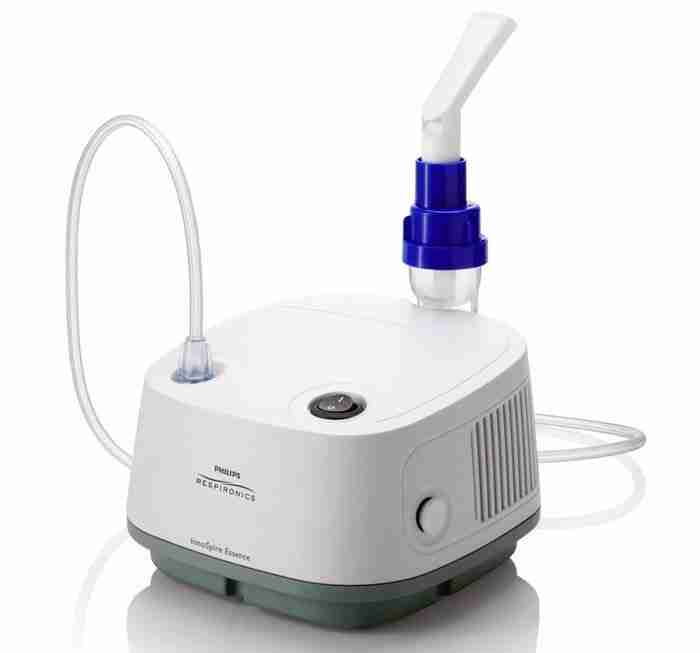
For immunocompromised individuals, the Coronavirus can be especially dangerous. Individuals with chronic conditions, including asthma, are at a higher risk to catch COVID-19 and more likely to suffer from severe symptoms. Here are some products to help you stay healthy, and help treat your asthma during COVID-19.
What is COVID-19?
COVID-19 is a respiratory disease with symptoms that include fever, cough, and shortness of breath. These symptoms may appear within 2-14 days following exposure to the disease. If you experience these symptoms or have been in close contact to someone displaying these symptoms, contact your doctor.
Is Asthma a COVID-19 Risk Factor?
COVID-19 directly affects the respiratory tract and lungs. Because COVID-19 is a respiratory virus, those with respiratory conditions such as asthma, COPD, emphysema and bronchitis are highly susceptible to infection. The virus can trigger asthma attacks and escalate a chronic lung condition into a more serious illness, such as pneumonia.
COVID Vaccine & Asthma
According to the Allergy & Asthma Network, asthma patients should consider receiving the COVID-19 vaccine as soon as they become eligible. Prior to receiving your vaccine, however, speak to your doctor about the ingredients and whether or not you may be allergic to them.
What if I Use an Inhaler?
If you currently use an inhaler or any type of oral steroid to treat your asthma, you can still receive one of the three COVID-19 vaccines available. As always, it is recommended you first discuss your current treatment and vaccination plan with your doctor.
I'm Not Eligible Yet - What Should I Do?
If asthma patients are not currently eligible to receive the vaccination in your state, continue your current treatment plan. Limit your exposure to the coronavirus by practicing social distancing, wearing a mask in public and washing your hands thoroughly and frequently.
How Can Those with Asthma Remain Healthy?
The CDC recommends asthma sufferers avoid contact with anyone infected.1 Stay home as much as possible and follow social distancing mandates to prevent encountering someone who is infected and not yet experiencing symptoms. Keep hands clean and avoid sharing personal household items such as hand towels or coffee cups. Keep household surfaces sanitized.
What Asthma Equipment Might I Need?
The CDC recommends that asthma patients should continue using their asthma as prescribed.
Keeping a nebulizer on-hand is highly recommended. Nebulizers convert medication from a liquid to a mist that you can inhale in your lungs. They are considered more effective than other therapy delivery options.
Portable Nebulizer

Philips Respironics InnoSpire Go Portable Mesh Nebulizer
Weighing less than 0.25 lbs, this pocket-size mesh nebulizer delivers treatment in only 4 minutes. It is suitable for both children and adults and perfect for on-the-go.
Home Nebulizer

Philips Respironics InnoSpire Essence Compressor Nebulizer System
A fast and efficient aerosol drug delivery in a compressor nebulizer system, the InnoSpire Essence uses SideStream technology for an effective home unit.
Pediatric Nebulizer

Philips Respironics Sami the Seal Pediatric Nebulizer
This kid-friendly unit is designed for better compliance and delivers a dose in 8-9 minutes. It is reliable, economical, and easy to use.
What Other Steps Can I Take?
For more peace of mind, you can self-monitor your respiratory health by keeping a peak flow diary. Use a peak flow meter to track your asthma. The meter has a built-in, three-zone system that lets patients set the zones for asthma delivery.
Can You Give Oxygen to Asthma Patients?
While most asthma can be treated with medication, some patients may use oxygen concentrators to manage more severe asthma attacks. If you currently use an oxygen concentrator for attacks, it is safe to continue using oxygen therapy during the outbreak. Do not share your oxygen concentrator with others and keep your machine clean with these following tips:
- Clean your cannula at least once a week. Wash it in warm, soapy water. Rinse with hot water
- Check any filters and change as recommended by the manufacturer
- Clean the outside of the oxygen concentrator with disinfectant to prevent surface germs.
If you have any questions about your nebulizer, oxygen concentrator or want to know more about oxygen recommendations for your asthma, speak to our experts at 888-941-1688 or email us at contact@oxygenconcentratorsupplies.com
Reference:
- Center for Disease Control and Prevention. People with Asthma and COVID-19. March 2020.



